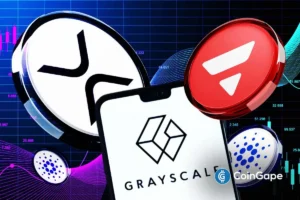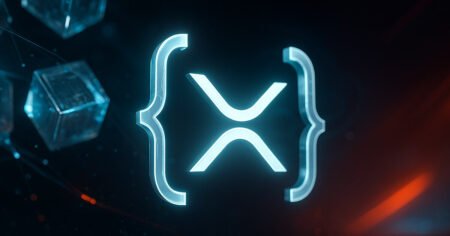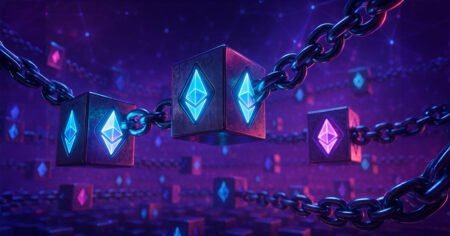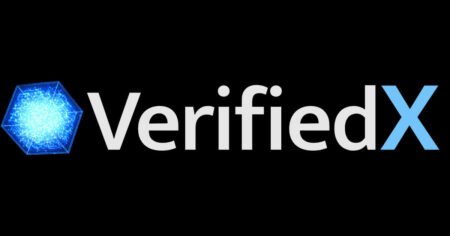Web3 is a rapidly evolving industry, with new protocols emerging and developer trends shifting constantly. Yurii Kovalchuk, a Web3 Engineer at Forte Group, has witnessed these changes firsthand and offers insights into where the industry is headed. The demand for Web3 specialists has evolved over the past five years, with a high demand for Rust developers, AI-integrated solutions, security researchers, developer relations, marketers, and community managers.
Solana currently has an advantage over Ethereum in terms of throughput and low fees, but Ethereum is working on updates to catch up in terms of transaction speed and cost. Security remains a critical issue in Web3, with common mistakes such as improper management of private keys and access management in smart contracts leading to hacks and asset theft. Yurii believes that Web3 does not need rebranding, but that education and proper communication are needed to correct misconceptions about crypto, blockchain, and Web3.
The upcoming Ethereum Pectra hard fork is set to bring significant changes to the Ethereum ecosystem, including improvements in user experience, validators’ work, and throughput. Yurii is currently participating in the Uniswap Hook Incubator, exploring the capabilities of Uniswap v4 and predicting trends in DeFi protocols and liquidity management mechanics. While the ease of creating memecoins may lead to a bubble, Yurii believes that restrictions are not the answer and that education is key in distinguishing quality projects.
Memecoins and other projects do not necessarily discredit the Web3 industry, but any project designed to deceive users can harm the industry’s reputation. Yurii emphasizes the importance of DYOR (Do Your Own Research) in navigating the Web3 space and building trust in the technology. Despite challenges and risks, Web3 continues to evolve and offer opportunities for developers, investors, and curious minds looking to understand the future of blockchain.

















